{{phone.Value}}
successful admissions
of students enter the university of their choice
students consult Education Index when applying for universites
successful admissions
of students enter the university of their choice
students consult Education Index when applying for universites
| Study mode | Start date | Duration | Fee international | Fee UK/ EU | Fee study period | Year of study |
|---|---|---|---|---|---|---|
| Full-time | n/a | years: 1 | £18200 | £7300 | Academic year | 2017 - 2018 |
| Part-time | n/a | years: 2 | n/a | n/a | Academic year | n/a |
The Graduate Diploma in Ecology combines a selection of honours level units specifically designed to give you a strong training in ecological theory and skills.
The programme focuses primarily in the areas of population ecology and conservation biology, but is sufficiently flexible to enable you to strengthen your knowledge in other areas of ecology. Topics include: the functioning of aquatic, marine and terrestrial ecosystems; the importance of community structure, succession and population dynamics; the processes of predation, competition and other plant/animal interactions; population responses to natural environments and man-induced stress; the current research agenda in ecology, evolution and conservation; and the potential contribution of integrating sustainable development with biodiversity conservation.
The teaching staff are all members of the Centre for Ecology, Evolution and Conservation (CEEC), a multi-disciplinary centre that comprises researchers in ecology and conservation across the University. Many of the lecturers are internationally recognised researchers in their discipline, and with ‘research-led’ taught units you will benefit from learning at the ‘cutting-edge’ of the discipline. You will also have the opportunity to take one unit in any field of study taught at the University in the form of a ‘free-choice’ unit.
The Graduate Diploma is specifically designed to ensure you will develop a wide-range of transferable skills, which will apply to any career or further graduate study at MSc or PhD level. You will gain skills in communication, information technology, data mining and analysis, fieldwork, team work, critical writing, reasoning and time management. Courses are taught through a combination of lectures, seminars and field work and assessment is in the form of coursework, presentations, projects and examinations. Throughout the programme you will be expected to undertake search and selection of scientific literature and data, use information technology for scientific study of ecological processes and problems and demonstrate field-based skills.


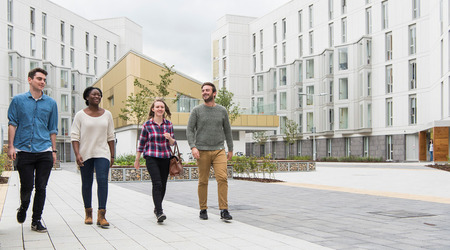
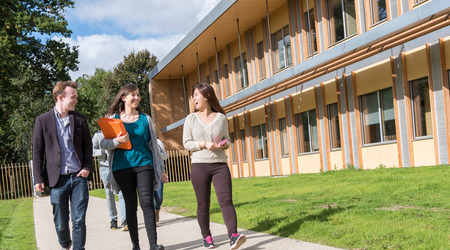
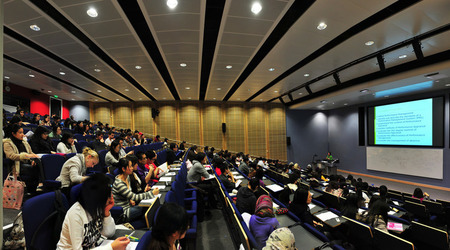
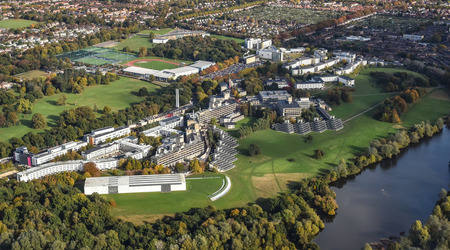
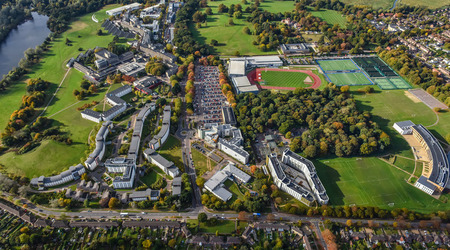
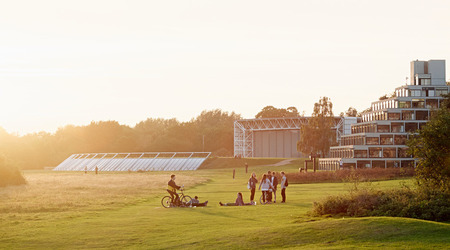
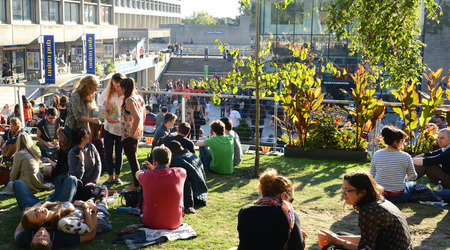
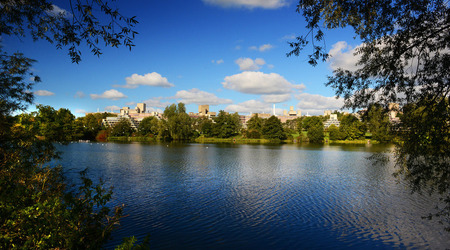

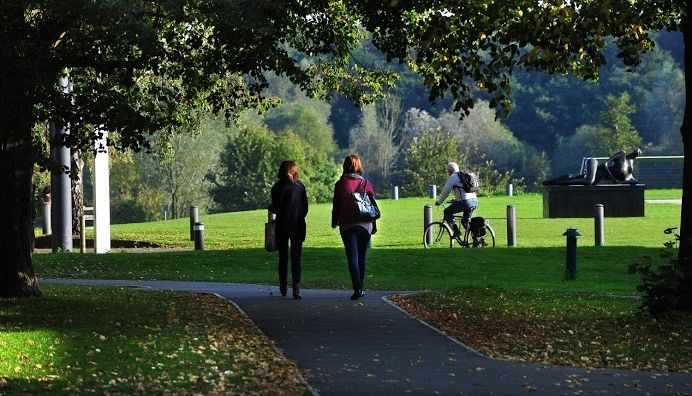
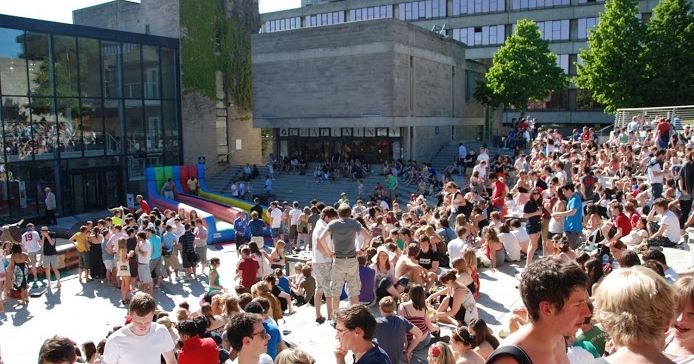
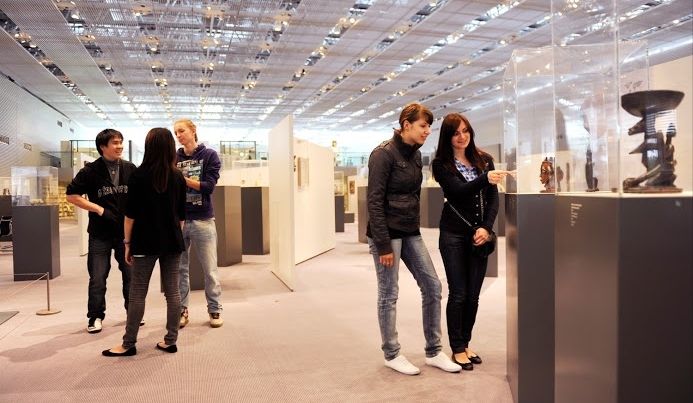
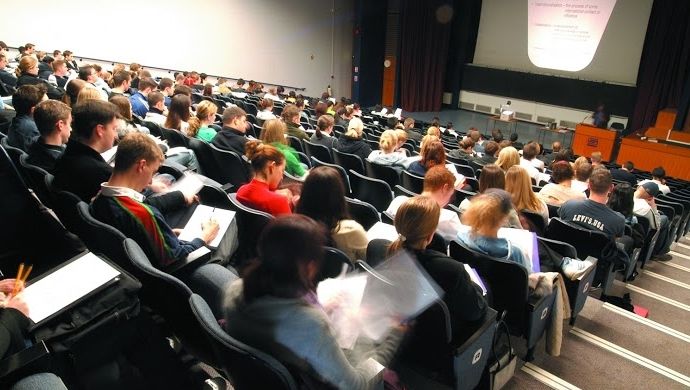
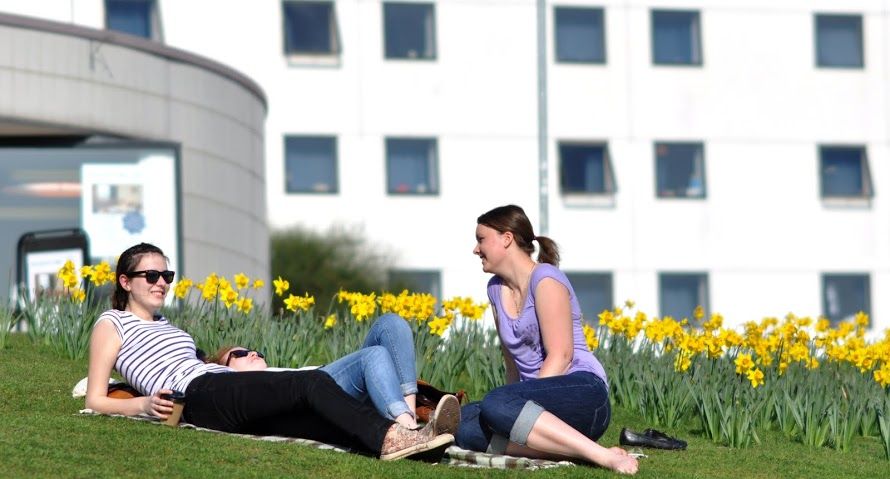
The University of East Anglia is based in the vibrant city of Norwich, located in the east of England. The city is less than two hours by train from London and is a unique blend of historic English architecture and modern design, which creates a dynamic and unforgettable atmosphere.
Norwich is home to eight theatres, five museums, four cinemas, two cathedrals, four music venues and a castle. There are 300 pubs, restaurants and bars,1500 historic buildings as well as modern developments such as The Forum, which is the home of the regional BBC studio and the award-winning Millennium Library.
As a base for exploring Britain, Norwich is just a short journey from Cambridge and other key cities with coaches and trains conveniently connecting you with the rest of the UK. International students are also able to take advantage of Norwich International Airport which is conveniently located 15 minutes from campus.